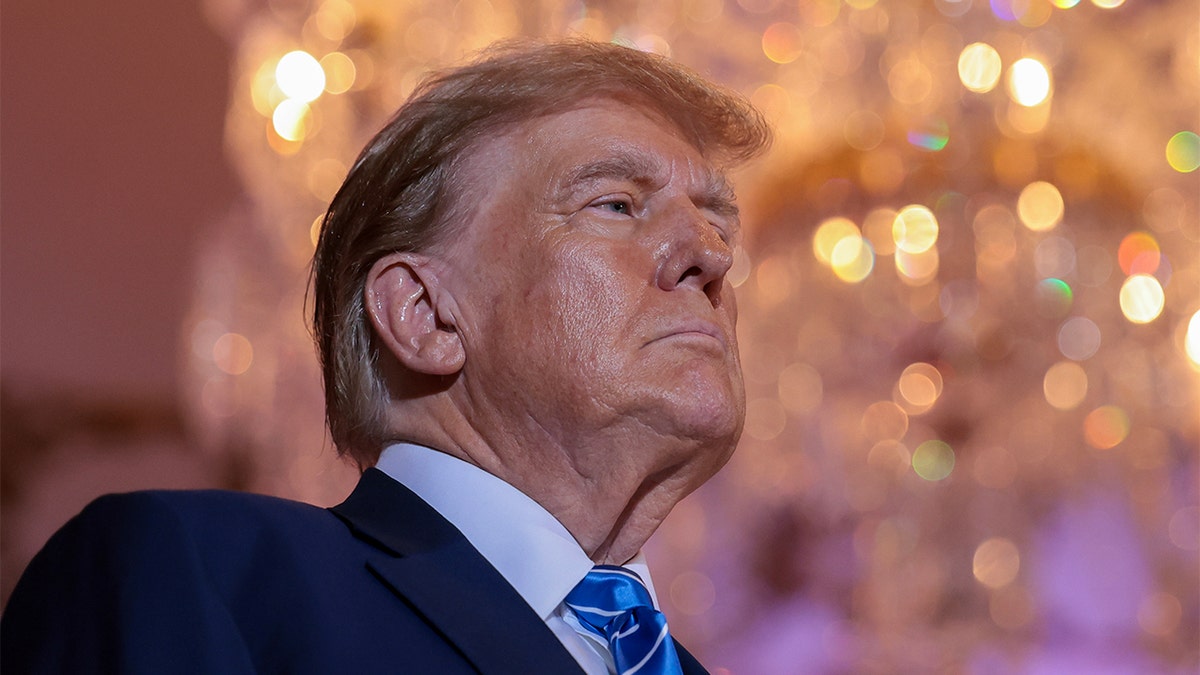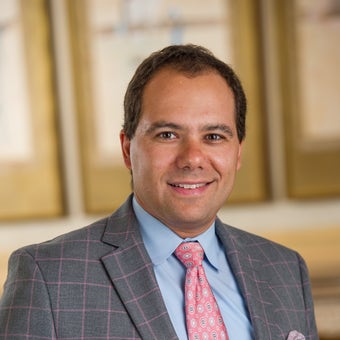Lisa Boothe: Democrats don't believe their own 'threat to democracy' narrative
'Outnumbered' panelists discuss the left's criticism of the Supreme Court's ruling on Colorado's Trump ballot ban.
In the end, the Supreme Court’s ruling on the issue of whether a state can kick Donald Trump off its presidential ballot for having engaged in insurrection, under Section 3 of the 14th Amendment, was anticlimactic. A legal theory that had won the hearts of law professors across the country – barely half a year from law review article to Supreme Court opinion is a record that won’t be beat – swayed the mind of exactly zero justices.
Because "the Constitution makes Congress, rather than the states, responsible for enforcing Section 3 against federal officeholders and candidates," state courts and state officials have no power to remove federal candidates from the ballot, the court unanimously held. Congress’s power under Section 5 of the 14th Amendment to pass "appropriate" legislation "is critical when it comes to Section 3."
While the states retain sovereign power to determine the qualifications of their own state officeholders, they have no such power with regard to federal officeholders.

Former President Donald Trump arrives for an election-night watch party at Mar-a-Lago on March 5, 2024, in West Palm Beach, Florida. (Win McNamee/Getty Images)
That’s it. End of story, without the need to engage in a battle of dictionaries to define "insurrection" or parsing of Trump’s actions to determine whether he had engaged in it. No abstruse debates over whether the presidency is an "office under the United States" or whether Trump was an "officer of the United States."
There’s a certain elegance to the simple off-ramp that all nine justices chose, forestalling further partisan toxicity and avoiding any labeling of a "MAGA court" and the like.
Now, there was certainly disagreement over whether the court needed to go further and decide that the only way to enforce Section 3 is through legislation. Chief Justice John Roberts and Justices Clarence Thomas, Samuel Alito, Neil Gorsuch, and Brett Kavanaugh said yes, while Justices Sonia Sotomayor, Elena Kagan, Ketanji Brown Jackson, and, separately, Amy Coney Barrett took no position. They would’ve preferred to leave the question open, leaving open the possibility that another federal actor, like a judge or the Justice Department, could enforce Section 3 the same way they enforce more familiar parts of the 14th Amendment, like the due process clause and equal protection clause.
TRUMP SAYS SUPREME COURT RULING IN COLORADO CASE IS ‘UNIFYING AND INSPIRATIONAL’
But then the same parties might have filed suit in federal court and we’d be back in the same place a few months down the line, even closer to the election. Or, even worse, Congress might have taken it upon itself to reject Trump electors during the vote certification on Jan. 6, 2025 – which would again result in emergency Supreme Court filings.
No, the more I consider it, the more I think it was wise to head off any such shenanigans and nip these easily foreseeable developments in the bud.
But regardless, the justices were quite concerned that a ruling in Colorado’s favor would result in a "patchwork" of rules such that the same person would be eligible in some places and not in others, a sort of Schrödinger’s candidate. That’s no way to run a presidential election.
CLICK HERE TO GET THE OPINION NEWSLETTER
None of this was apparent to most of our esteemed legal scholars, however. Although the idea of using an obscure constitutional provision to disqualify Trump originated with originalists – most of the interesting theoretical debates are among right-leaning academics, rather than with liberal lions who can’t even figure out how to teach con law when the Supreme Court actually applies what the Constitution says – it really took off among those who would gleefully deny voters their preference in the name of "democracy."
That’s a damning indictment of our legal elites at a time when the illiberal takeover of law schools is subverting open inquiry and poo-pooing the rule of law to those who will be the gatekeepers of our political institutions in coming decades.
There’s a direct line between the transformation of education into intersectional activism – such that law students shout down federal judges and sign letters supporting Hamas – and the inability to see how a clever theory for getting rid of a controversial populist wouldn’t survive contact with reality.
CLICK HERE TO GET THE FOX NEWS APP
But the Supreme Court won’t always be there to save us, particularly if that same legal and media elite continues its campaign to delegitimize an institution that remains much more popular than any other part of the government.
That’s why it’s important to continue to call out the rampant gaslighting in our midst. Not for Donald Trump, but for the health of our American polity.















































